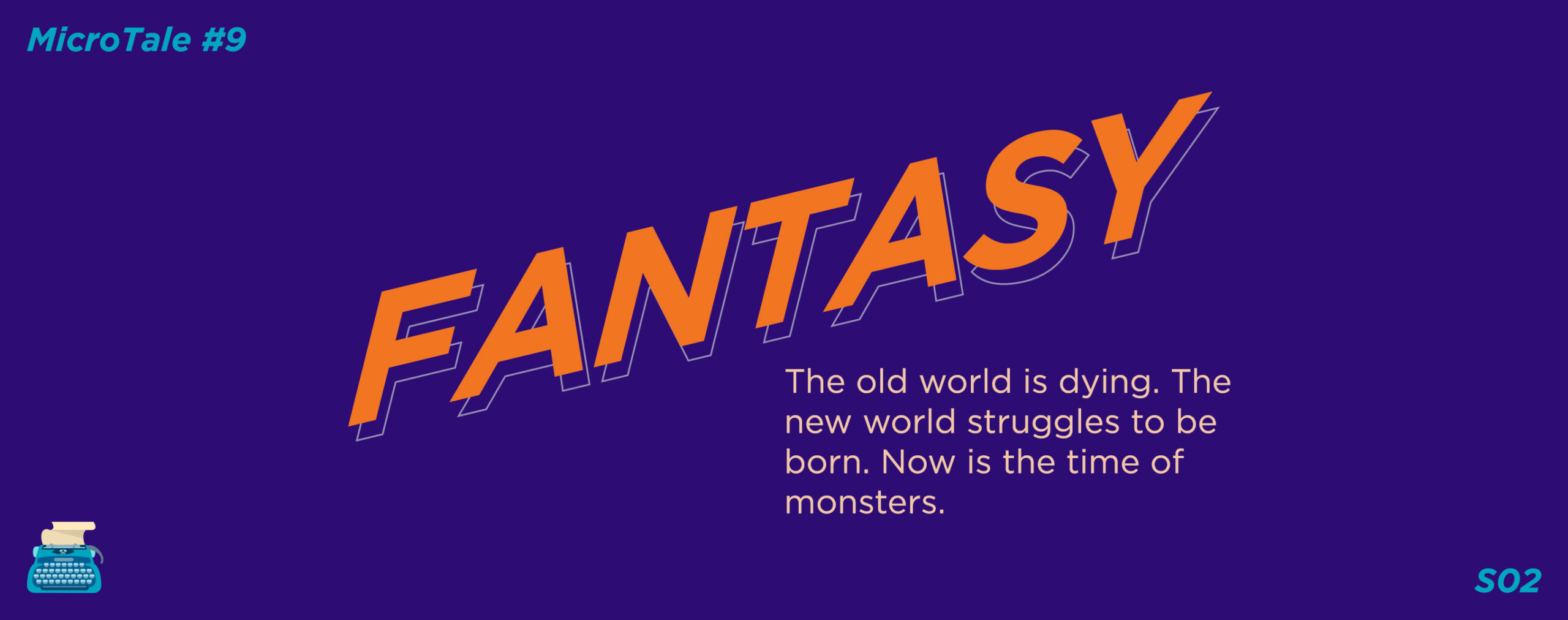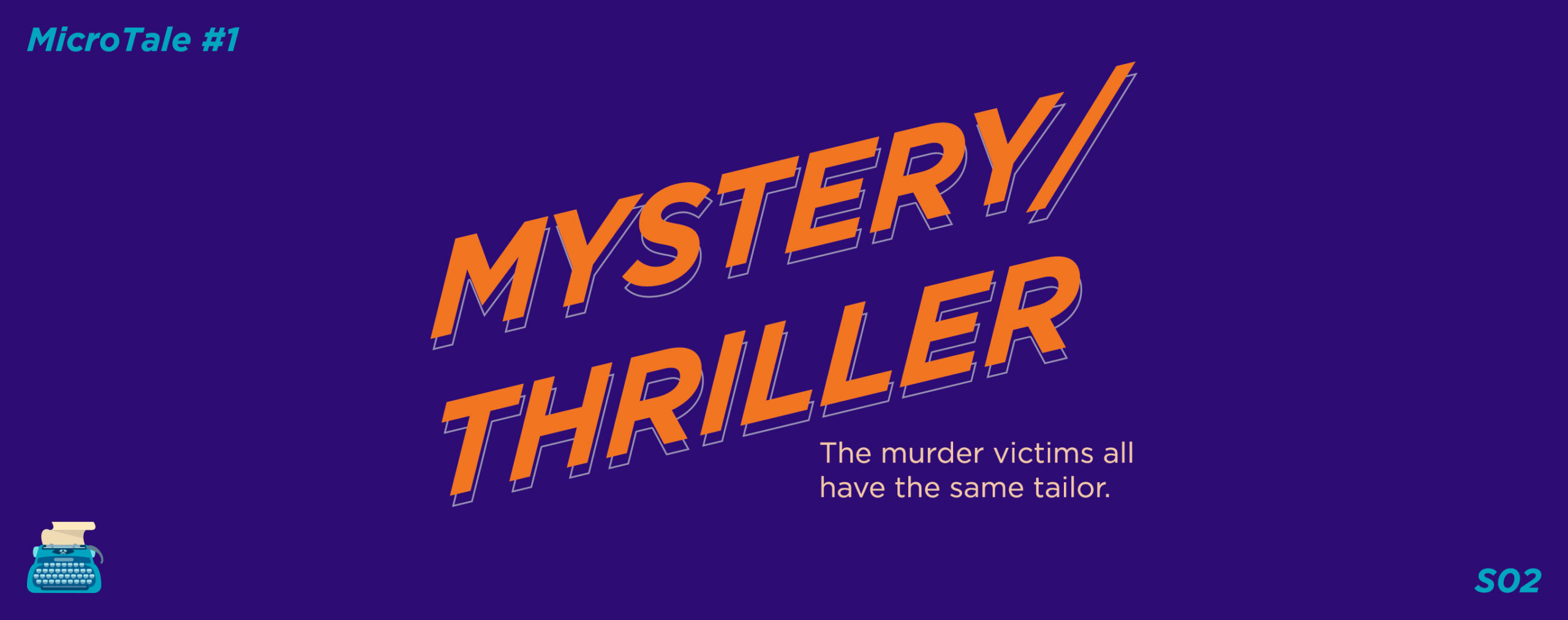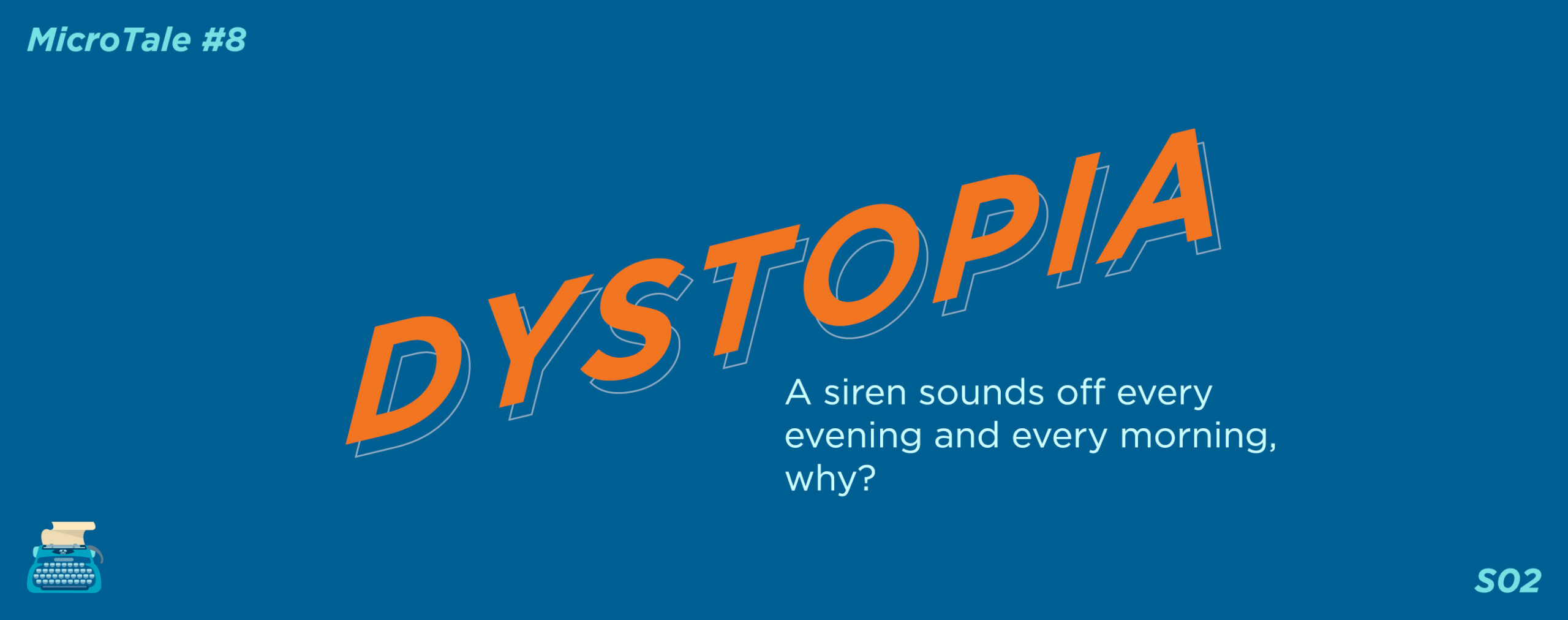Sound of Sin

His mud-caked boots trailed the ground as they dragged him to the stake. His shirt was torn, one sleeve missing. Every part of his body ached – they’d made sure of it. He felt it the most undignified way to die.
As they approached the make-shift pyre, he saw a priest holding his lute, like you would hold a dead goose, by the neck. She wouldn’t like that, his lute. She was used to being held gently, his fingers softly caressing her neck, tenderly worshipping her strings.
Two Months Prior
He had walked a long road. He was hungry. He was tired. And the soles of his boots were worn thin. As a cloud of smoke, dark as an ill omen, appeared on the horizon, he knew Vienna was nigh. It wasn’t the first thought of ill omens that had ventured his mind during his journey.
His feet had carried him across acres, but now that Vienna lay in front of him, each step renewed every blister, every sore. The guards eyed the lute strapped to his back and, making no further inquiries, allowed him to shuffle past them, guiding him to the nearest tavern.
It was early in the day but he was still surprised to find the tavern door locked. He knocked and after a while, the door opened only to be shut in his face when the owner saw the lute peaking over his shoulder. He was too tired to feel insulted and quietly began searching for the next tavern.
Everyone he passed wore a haunted expression as if they saw ghosts all about them. Those not haunted looked resigned, awaiting a death that was too slow in the coming. Every few paces, he passed monks in twos in threes, made prominent in the debris of a crumbling city by their clean habits. They stared at him warily, eyeing his lute with naked admonishment.
At last, he reached another tavern, deciding that if he was turned away once again he would simply sleep in a barn. The door was unlocked, the inside dark but welcoming.
The sunlight pouring in from the doorway must’ve alerted the barman to his presence.
“Well, are you going to stand there all day?”
The musician decided to push his luck just a little farther and he walked to the bar and placed his lute atop it.
The barman only raised an eyebrow before continuing, “The name’s Unger, and I assume you’ll be looking for more than just a drink.”
“Whatever food you can offer, and a bed if your courtesy extends so.”
“Do not question my courtesy, boy. Have a seat, and I’ll see what I can feed you.”
He had barely sat down when his food was set in front of him. The barman settled on the stool across from him with a tankard as he dug hungrily into his sausages and mash.
“Where are you coming from?”
His tired brain couldn’t be bothered to fetch the name of the last town he’d stopped in, “A long ways away.” He cleared his throat, “Does the city have no music?”
Unger sighs, “It used to, but when the monks from St. Ulrich’s were chased out of their kirche by the Turks, they deemed all acts that distracted from prayer a sin.” Unger took a swig from his tankard. “You would’ve seen the lot. They’re like vermin – afoot everywhere.”
“You don’t have much love for God?” he jested.
“Plenty for God, none for his men.”
“The townsfolk fear them.”
“Sheep, the lot of them. They’ll follow whoever shouts loudest.” Unger eyed his empty plate and offered him a place to sleep the night, promising work if he wanted in the morning.
He had not planned on staying long. He did not wish to impose on Unger, especially with his lack of coin. But after hearing him play his lute the morning after his arrival, Unger decided he would be good for business.
Evening found the tavern packed with men – when the guards would change shifts at the gates, and when the blacksmiths would lock up their smithies, the fruit sellers closing their stands for the day. In the evenings, their collective loyalties were pledged to tankards of ale. And of course, in the singing of vulgar tunes to accompany his lute.
The only outliers were the St. Ulrich’s priests. Brother Wagner, the most vocal in his rebukes, had a tone that was both quiet enough not to be hostile but loud enough to silence a room of raucous drunkards.
“It is a time for prayer, my brothers.” The words were for the room, but the hostility in Wagner’s eyes was only for the lute-player. “The music, the song – it is sorcery, the way it pulls you all to it! The Ottomans are at our door!” He stood too abruptly, jarring his brothers. “You should be contemplating your sins, instead you sing as if Vienna does not burn in front of your eyes!”
Wagner stomped out, the other priests and some patrons at his heels. But he returned the next night, and every night after repeating the same tableau. Wagner’s fiery admonition of the musician only bolstered his popularity, much to Unger’s pleasure. As the number of patrons at the tavern grew, so did the number of ears for Wagner’s sermons proclaiming the lute as an instrument of witchcraft! The balance between the two became subliminally fragile. It was only a matter of time before it tipped – and history has only ever tipped the scales one way.
As the fire licked his soles, he saw his lute chucked into the flames. On the neighboring pyre, Unger had fallen silent, his skin already burnt to a crisp and cracking. He could feel the scream building in his lungs, ready to rip from him and take his soul with it. As the flames licked his shins, his eyes locked with Wagner’s in the crowd, filled with the same sinful pleasure he wished to cleanse from the world.
[DISPLAY_ULTIMATE_SOCIAL_ICONS]



Simply brilliant!
Thank you! 🙂